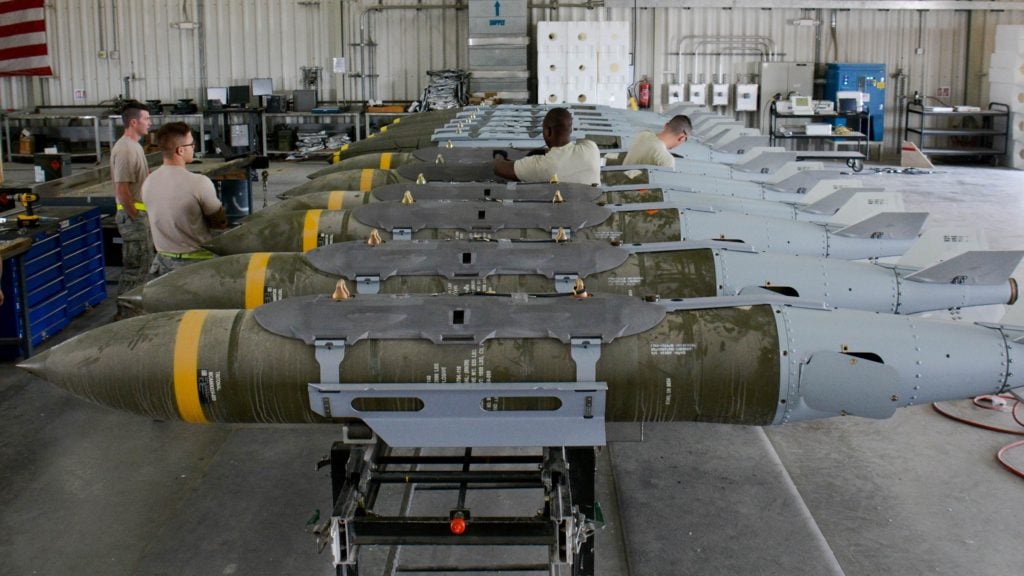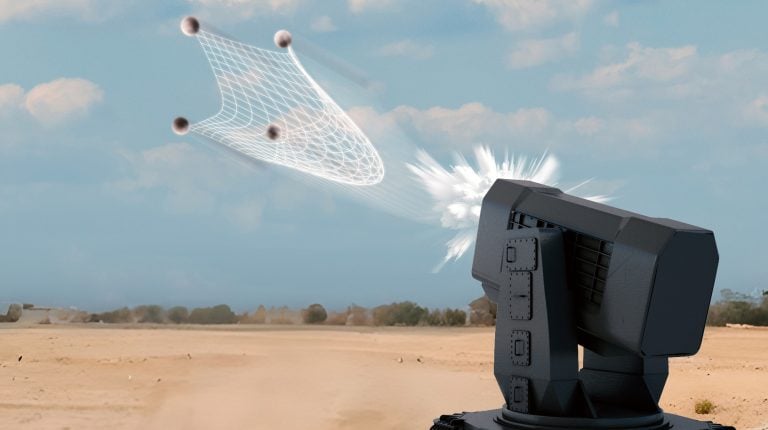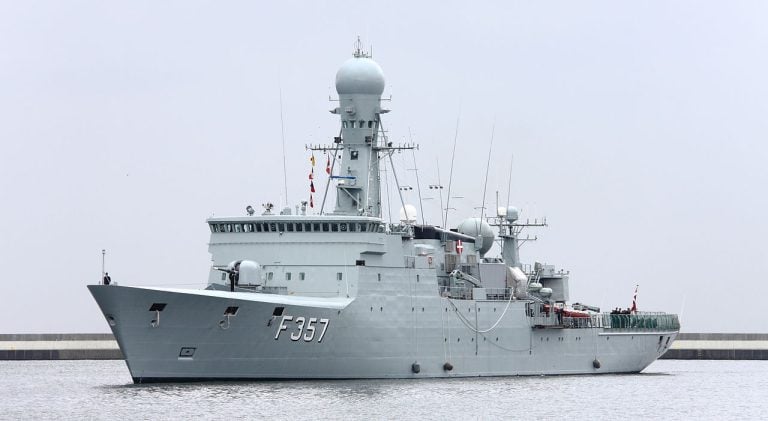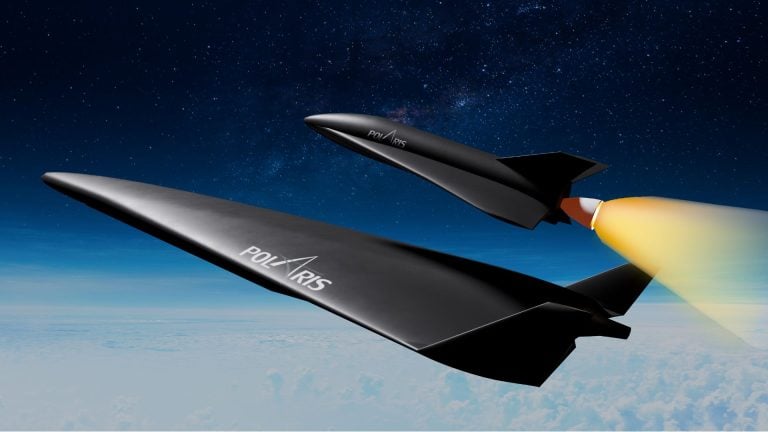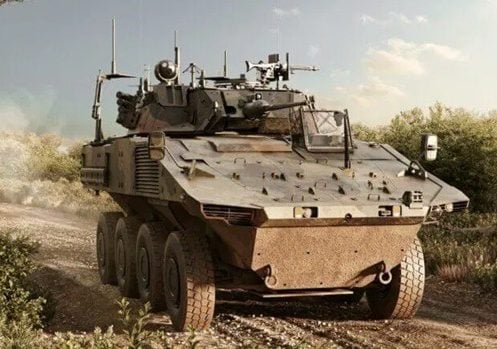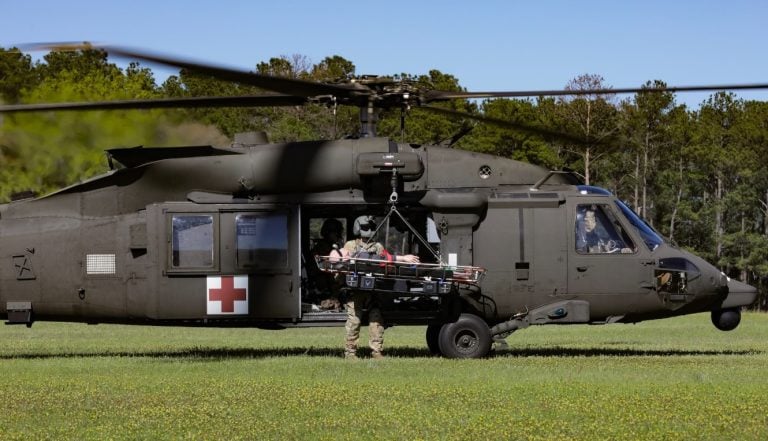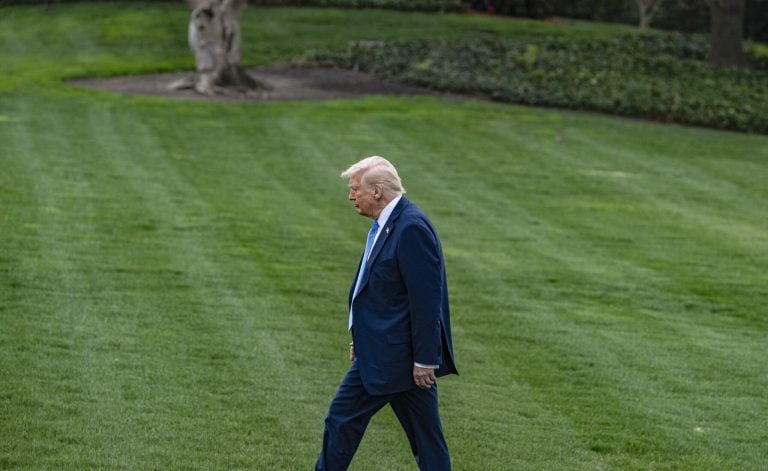The United States has officially greenlit a substantial arms sale to Israel, amounting to $510 million, which includes bomb guidance kits and related support. This move follows significant munitions expenditure by Israel during its recent military engagement with Iran.
The U.S. Defense Security Cooperation Agency (DSCA) outlined the strategic implications of this sale in a public statement. It emphasized that the proposed sale would significantly bolster Israel’s military capabilities, allowing it to defend its borders, critical infrastructure, and civilian population against emerging threats. The DSCA underscored the U.S. commitment to Israel’s security, describing it as essential to American national interests. The agency noted that developing and maintaining a robust self-defense capability is paramount for Israel.
The State Department has already approved this potential sale, and the DSCA has submitted the necessary notifications to Congress for review and approval. Congressional endorsement remains a crucial step before the deal can be finalized.
This arms sale comes in the wake of Israel’s aggressive military actions, notably its unprecedented air campaign that commenced on June 13. The operation targeted Iranian nuclear installations and key military figures, aiming to dismantle what Israel and its allies view as an existential threat posed by Iran’s nuclear ambitions. While Iran maintains that its nuclear program is intended for peaceful purposes, the U.S. and other nations are concerned that it may be a precursor to developing nuclear weapons.
The previous U.S. administration sought diplomatic engagement to replace the nuclear agreement with Iran, which had been abandoned in 2018. However, the situation escalated to military intervention, culminating in U.S. strikes on Iranian nuclear facilities.
As of last week, a ceasefire has been enacted, temporarily putting an end to hostilities. Nevertheless, Israeli Prime Minister Benjamin Netanyahu has publicly reaffirmed his government’s commitment to ensuring that Iran does not revive its nuclear infrastructures, perpetuating the possibility of further military confrontations between the two nations.
